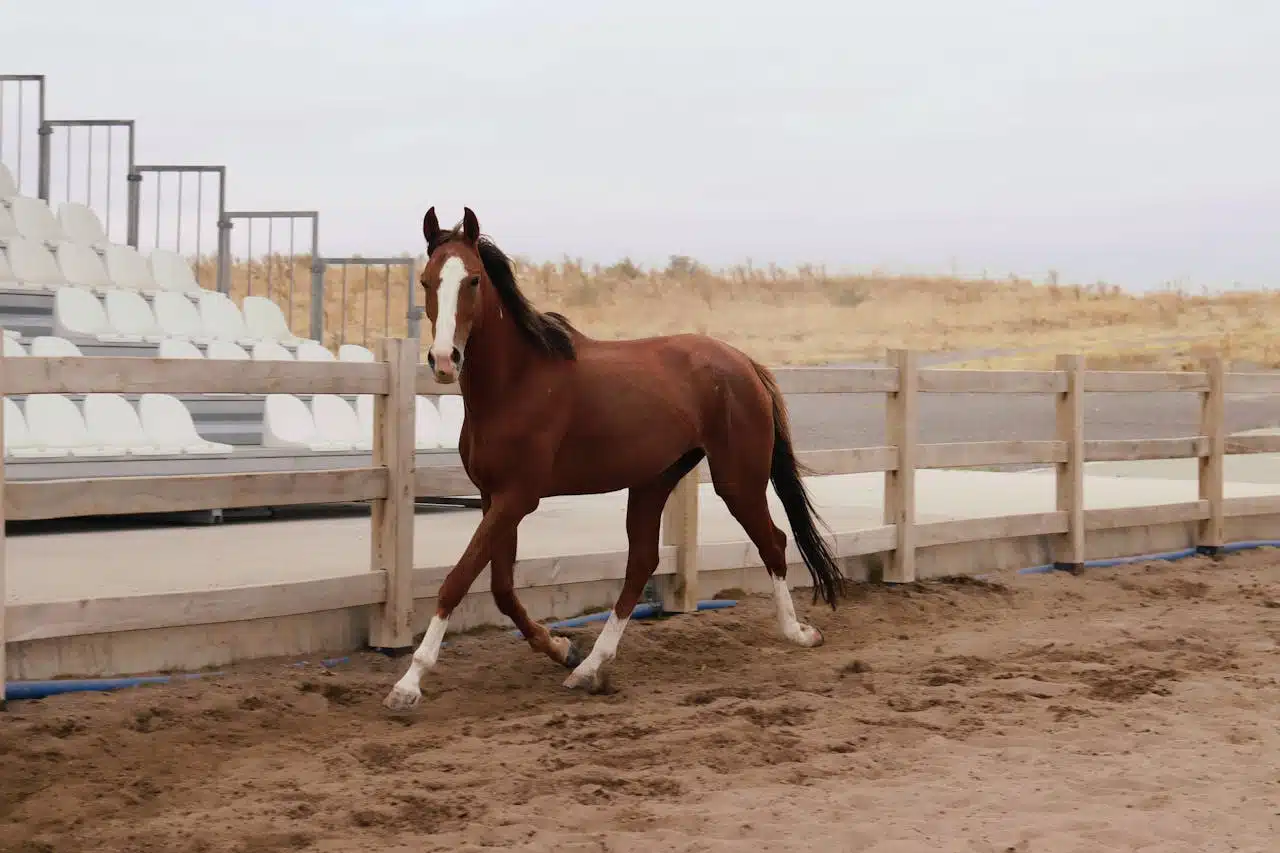The world of horse racing is one of tradition, speed, and precision. Behind every thundering hoofbeat on the track lies a meticulous regimen designed to enhance the performance of these magnificent athletes.
A crucial component of this regimen is the diet carefully tailored to meet the unique nutritional needs of racehorses.
In the United Kingdom, where horse racing holds a cherished place in the nation’s sporting heritage, the attention to dietary detail is paramount. So before you horse racing fanatics go ahead and look at the upcoming Cheltenham betting odds and start placing bets on the festival, which is just about to begin, you might want to look into the key components of a race horse’s diet so you can then analyse what each horse has been treated with. This may sway your predictions slightly.
Forage and Fibre
At the heart of every racehorse’s diet is forage, typically in the form of hay or haylage. This fibrous material serves as the foundation, providing essential nutrients and maintaining gastrointestinal health. In the UK, where pasture grass is abundant, horses often have access to grazing, which further enriches their diet with vitamins and minerals. However, to ensure consistency and quality, many trainers supplement grazing with carefully selected hay or haylage sourced from reputable suppliers.
Concentrates and Supplements
While forage forms the bulk of a racehorse’s diet, it’s the concentrates and supplements that provide the necessary energy and nutrients for optimal performance. These concentrates are usually in the form of compound feeds or grains such as oats, barley, and maize. The composition of these concentrates varies depending on factors such as the horse’s age, workload, and individual metabolic requirements.
In the UK, commercial feed companies offer a wide range of specialised formulations tailored specifically for racehorses. These feeds are meticulously crafted to provide the perfect balance of protein, carbohydrates, fats, vitamins, and minerals essential for sustained energy, muscle development, and overall health.
Supplements play a vital role in fine-tuning a racehorse’s diet. Common supplements include electrolytes to replace lost minerals during intense training and competition, joint supplements to support mobility and reduce the risk of injury, and omega-3 fatty acids for coat health and anti-inflammatory benefits.
Hydration
In the intensity of training and competition, it’s easy to overlook the importance of hydration. Yet, proper hydration is absolutely critical for maintaining performance and preventing issues such as fatigue and heat stress. Racehorses can lose significant amounts of fluid through sweat during exercise, particularly in the warmer months or when competing over long distances.
Trainers and stable staff in the UK are vigilant about ensuring access to clean, fresh water at all times. Additionally, electrolyte supplements are often added to the horse’s feed or water to encourage drinking and replenish lost minerals.
The Human Touch
Perhaps the most crucial aspect of a racehorse’s diet in the UK is the personalised attention it receives from trainers and nutritionists. Every horse is unique, with its own set of dietary requirements and preferences. Trainers work closely with equine nutritionists to develop individualised feeding plans tailored to each horse’s needs.
Monitoring is also key. Regular assessments of body condition, weight, and overall health allow trainers to make necessary adjustments to the diet as needed. This ongoing evaluation ensures that racehorses receive the optimal nutrition to perform at their peak while minimising the risk of health issues such as weight loss, colic, or metabolic disorders.
Fueling Success
In the world of horse racing in the UK, success is measured in fractions of seconds and lengths. Behind every winning performance lies a carefully calibrated diet that fuels the speed, strength, and endurance of these equine athletes. From the lush pastures of the countryside to the high-tech feed rooms of elite training facilities, the commitment to providing the best possible nutrition is unwavering. In the quest for victory, every aspect of a racehorse’s care, including its diet, is meticulously optimised to unlock its full potential on the track.

